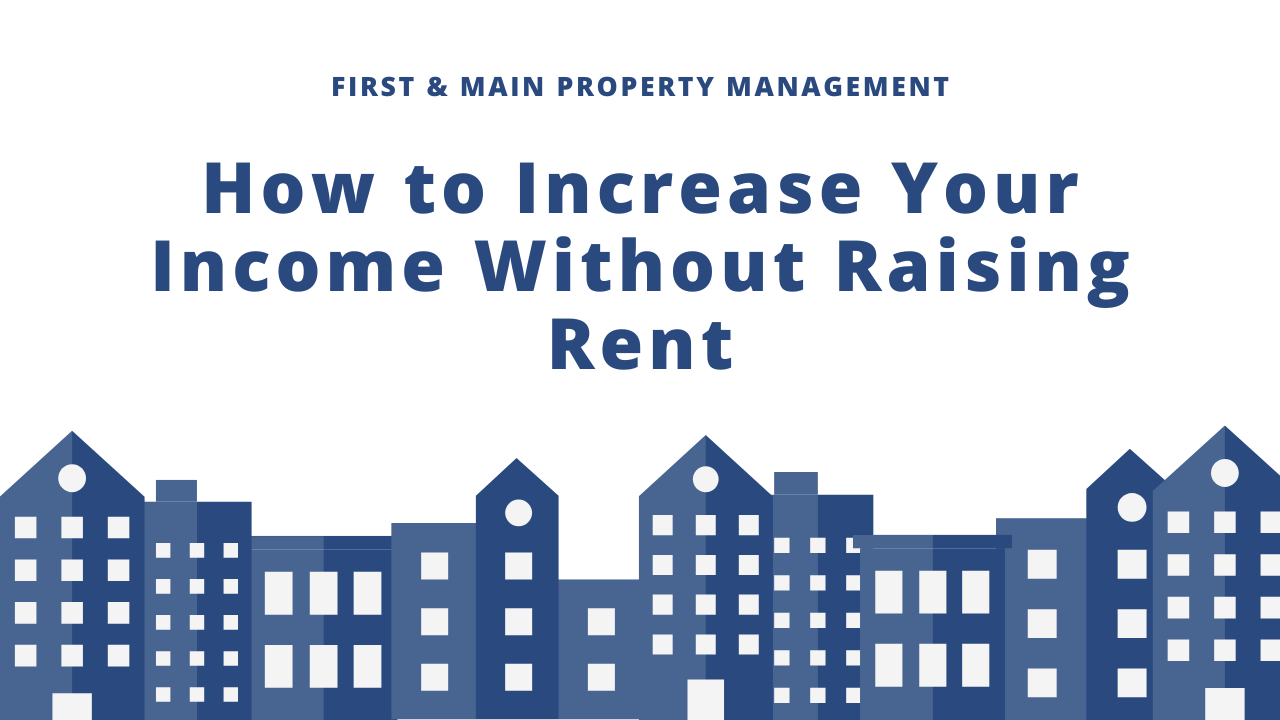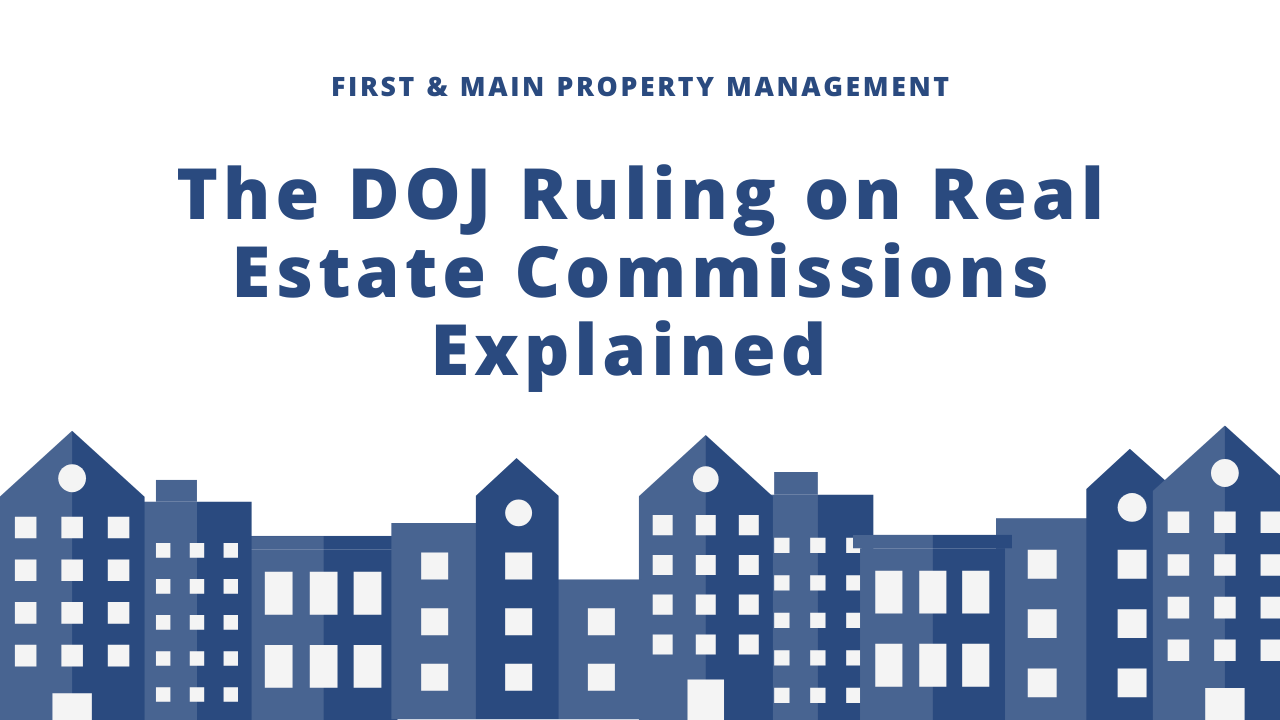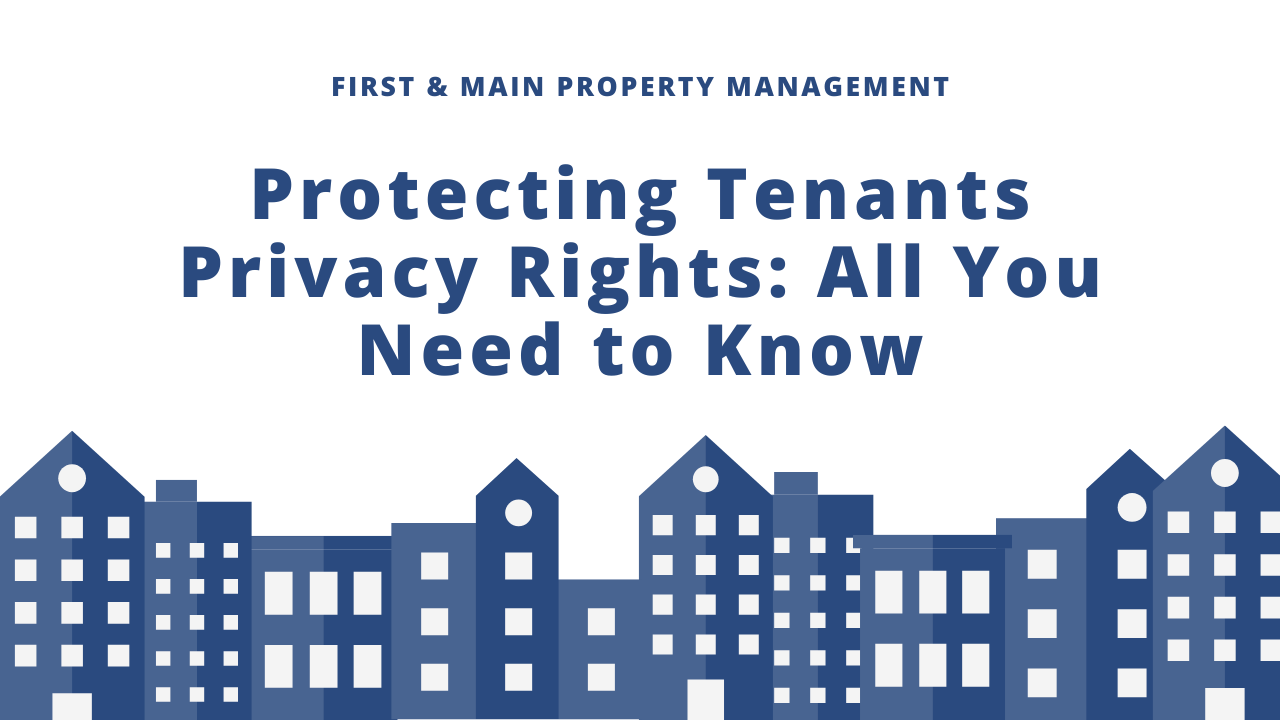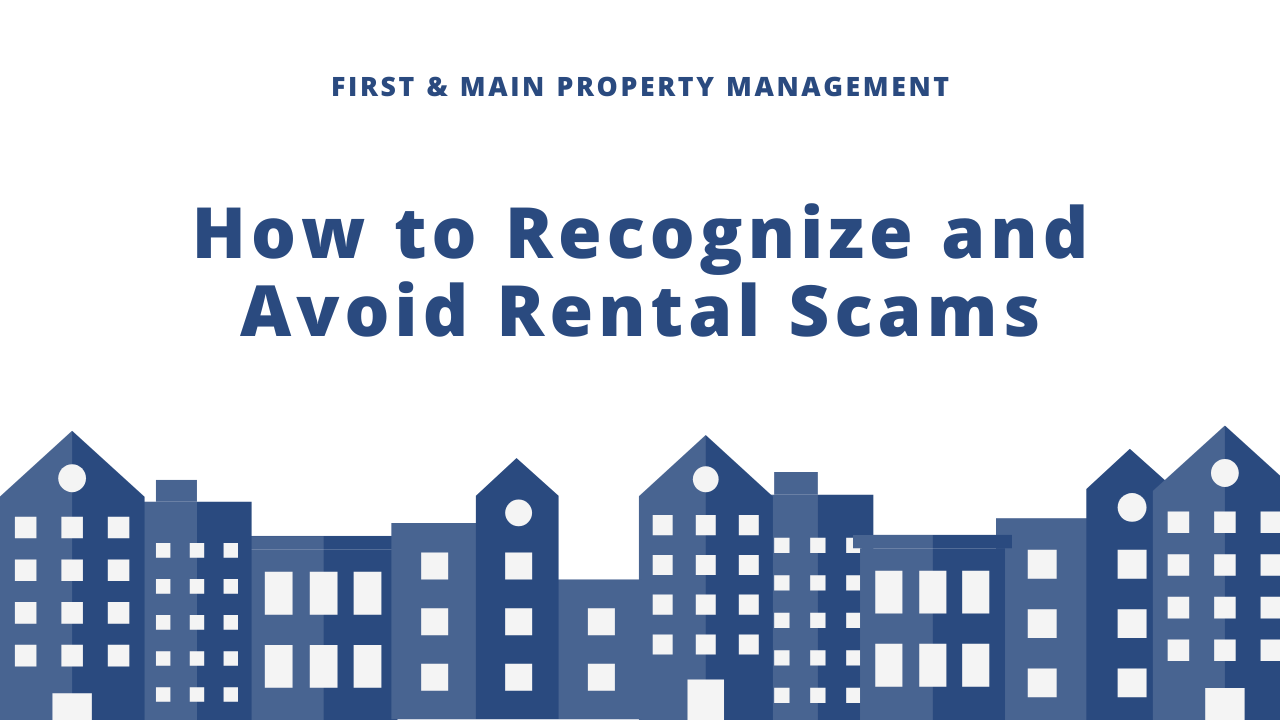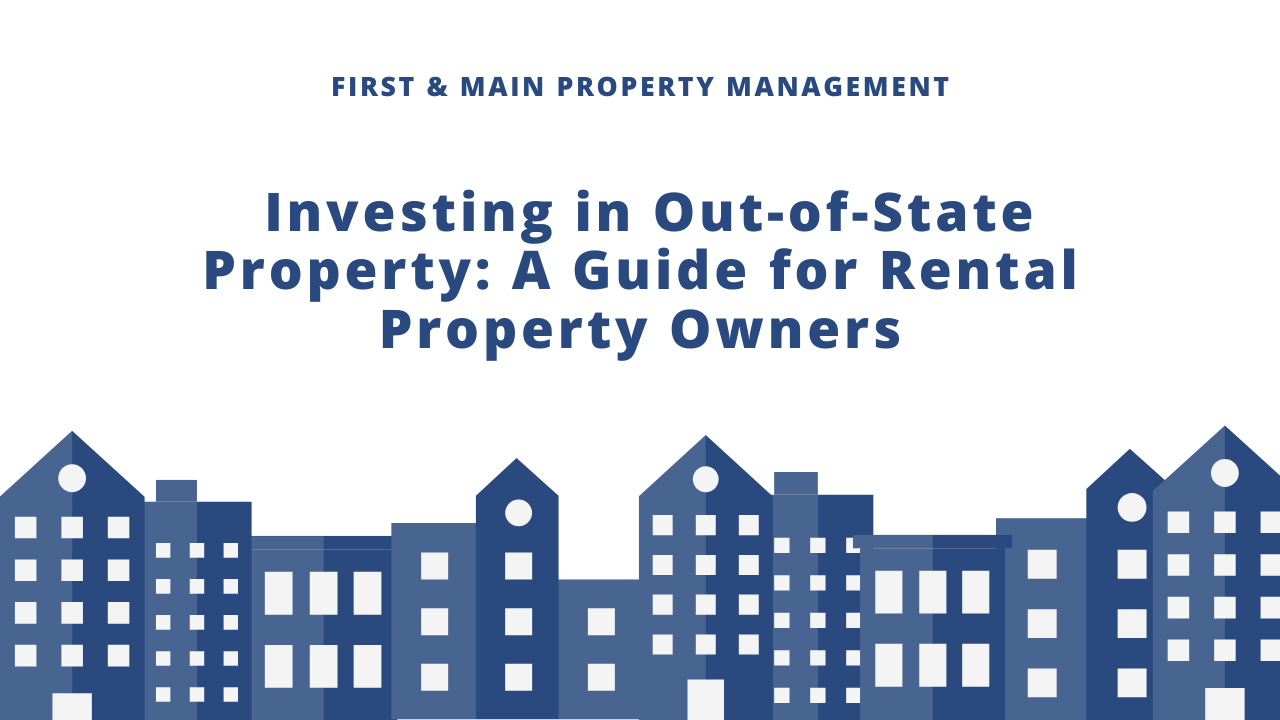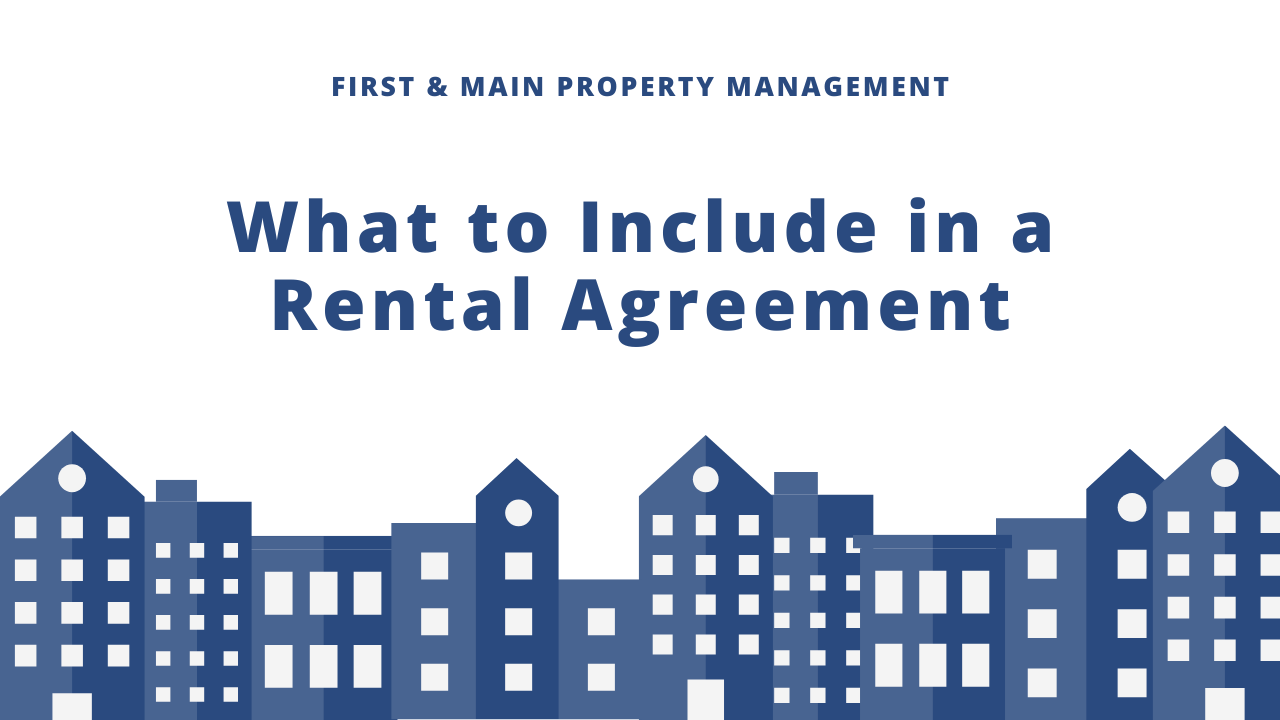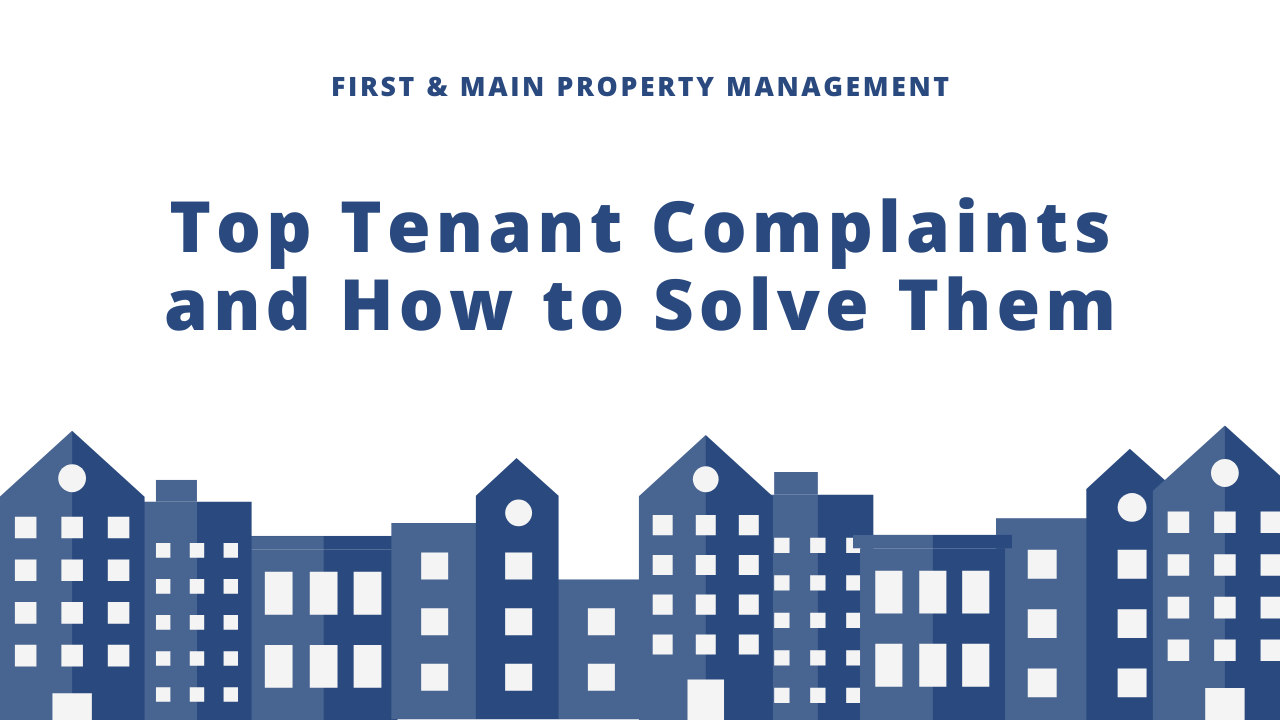California Fair Housing Act: an Overview
The Federal Fair Housing Act is a federal law that was put in place to prevent discrimination and provide equal opportunity in housing when it comes to people seeking a place to live. Under the fair housing laws in California, everyone has the right to an equal opportunity to find housing.
As a landlord in California, it is important to be aware of the California fair housing law, so you can avoid legal trouble like illegal housing discrimination penalties and potential tenant disputes.
What is the Federal Fair Housing Act?
This act is a law that was set in pace in 1968. Its purpose is to prevent housing and urban development discrimination. The goal of the these fair housing laws is to provide everyone in America with an equal opportunity to seek fair employment and housing without fear of discrimination based on factors that they cannot control.
What Groups are Protected Under Federal and California Fair Housing Laws?
Federal Fair Housing Laws prohibit discrimination based on the following factors:
• Color
• Disabilities
• Familial status
• National origin
• Race
• Religion
• Sex
As a landlord, it is important to note that the State of California has extended these state fair housing laws to prohibit discrimination and protect more groups from housing discrimination.
California fair housing laws that prohibit discrimination against anyone seeking housing based on the following qualities:
• Age
• Ancestry
• Citizenship
• Gender identity and gender expression
• Genetic information
• Immigration status
• Marital status
• Primary language
• Sexual orientation
• Source of income
• Any other arbitrary basis (ex. Occupation or veteran status)

How the Act Protects Groups from Housing Discrimination in California
1. Renting and Selling a California Home
When it comes to renting or selling a home in California, it is prohibited to do any of the following actions to someone part of a protected class who is seeking fair housing:
• Refusing to sell, rent, or negotiate housing based on national origin, familial status, religion or another protected class
• Using discriminatory statements in listings, such as writing “looking for a single white male to occupy the rental”
• Making the home unavailable or lying to someone about whether or not the housing is available based on familial status or religion
• Denying housing based on religion or family status
• Not making a reasonable accommodation or a reasonable modification to the property for a disabled tenant
• Enforcing different terms or conditions when it comes to renting or selling a home
• Offering or providing different modifications due to familial status or refusing a reasonable accommodation to disabled tenants
• Convincing a property owner to sell their property for less than the property is worth out of fear that racial, religious, or other minorities will be moving into the neighborhood. This is also referred to as “blockbusting.”
• Denying someone the ability to participate in a housing related service based on their national origin or familial status.
2. California Mortgages
The following discriminatory practices are considered housing discrimination and are prohibited when it comes to lending a mortgage in California:
• Refusing an individual the ability to make or lend a mortgage loan
• Establishing different terms or conditions regarding the loan depending on national origin(example: interest rates or fees)
• Having different requirements or standards for purchasing a mortgage loan
• Refusing to give information about a loan that may be available
• Practicing discrimination regarding the act of appraising a property
If a provider of housing were to target any of these actions toward tenants of a protected class, they may find themselves in legal trouble for performing an alleged discriminatory act deemed housing discrimination.
Fair Housing Law Exemptions in California
The Fair Housing Act includes exemptions for a select few groups. California, however, does not apply these exemptions to their housing-related anti-discrimination laws for a housing provider.
In California, the main exemption when it comes to the Fair Housing Law applies to owner-occupied single-family homes. According to state fair housing laws, if the owner of the property lives in the single-family home they are renting, and they are not renting the home out to more than one individual, then they may be a housing provider exempted from the rules detailed in the act. The owner must also adhere to the laws against discriminatory statements while advertising the home.
Additionally, in California exemptions may be applied to housing organized by members-only or private clubs, and anyone seeking a roommate of the same sex may indicate this preference in advertisements.

How Fair Housing Laws are Enforced in California
The Department of Housing and Urban Development (HUD) is typically responsible for enforcing these acts of illegal discrimination.
Fair Housing laws generally have 2 methods of enforcement per federal laws and the Department of Housing and Urban Development:
- Hiring Fair Housing Testers: The HUD is known for hiring people to put landlords to the test regarding discrimination to avoid issues related to alleged discrimination. These people will often act as prospective tenants to see if there are any prohibited discriminatory practices related to housing accommodations involved in your property. As a landlord in California, it is important to be careful when it comes to what you say both in person and over the phone when speaking with prospective renters as there may be civil penalties, or legal issues at the state and federal level. Additionally, always be careful regarding your choice of words in your advertisements of the property.
- Investigation for Claims of Discrimination: If an individual feels as though their housing accommodations and rights have been violated or they are being discriminated against, they may file a claim with the HUD. The Department of Housing and Urban Development will then investigate the claim to determine whether it is legitimate, and they will decide upon any further legal action if necessary.
How You Can Avoid Housing Discrimination Accusations as a Landlord in California
As a landlord in California, it is imperative that you always remain compliant with both state and federal Fair Housing Laws. To ensure these laws are always being followed, it is generally a smart practice to assume that whoever you are speaking with regarding interest in your property is a tester from the HUD, or may try to accuse you of discrimination.
In general, landlords always want to be consistent regarding tenant screenings. Ask the exact same questions and go through the same process with each and every prospective tenant who applies for your property. Enforce the same qualifying standards for each prospective tenants. Require the exact same documentation, referrals, information, and fees from every applicant.
Ultimately, housing providers must treat all California tenants with the same amount of dignity and respect. This will ensure your success as a landlord and keep you out of legal trouble, while building positive relationships with your renters.

Bottom Line
The Fair Housing Act was put in place to prevent tenants from experiencing discrimination in housing. As a California landlord, you must understand the Fair Housing Laws!
We hope this post was helpful and gave you a good overview of federal and California law. We also have posts concerning landlord-tenant laws, eviction laws, security deposit laws and more! Feel free to check them out.
Have more questions? Contact First & Main Property Management today. We're a full-service business equipped with the knowledge and expertise to meet all of your California rental needs!
This blog should not be used as a substitute for legal advice from a licensed attorney in your state. Laws change, and this post might not be updated at the time of your reading. Please contact us for any questions you have in regards to this content or any other aspect of your property management needs.

